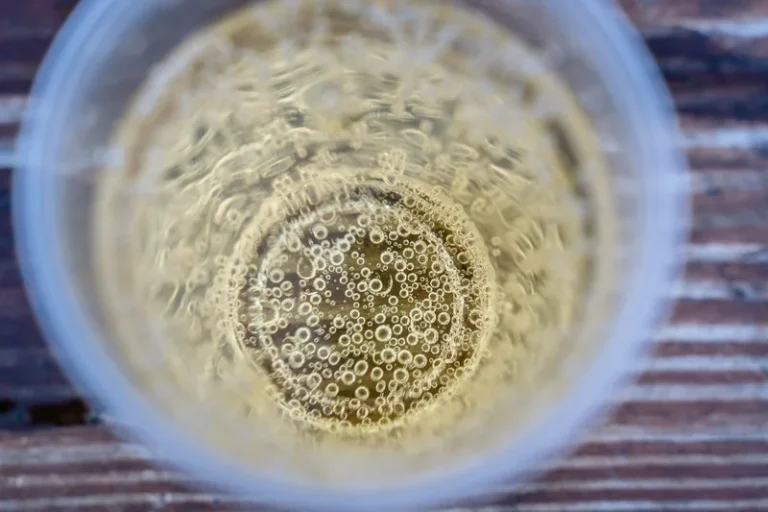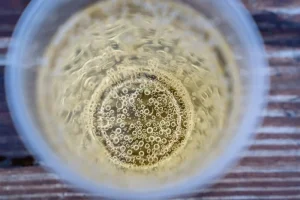
Cognitive distortions play a significant role in alcohol-induced aggression as well. Alcohol impairs our ability to process information accurately, leading to misinterpretations of social cues and situations. A friendly pat on the back might be perceived as a threat, or a harmless joke could be taken as a personal insult. These misinterpretations can quickly escalate into confrontations, especially why does alcohol make people angry when combined with alcohol’s effects on impulse control. In summary, these figures illustrate the complex conditions that lead to the onset of alcohol-related aggression and highlight the importance of treatment.

Opium’s Effects on the Brain: Neurological Impact and Consequences
While most people understand the physical risks of drug abuse, the emotional and mental consequences are often overlooked. One of the less-discussed aspects of drug abuse is the impact it can have on a person’s emotional state, particularly the increase in anger and aggression. Alcohol consumption produces different effects for each person that drinks it.
Alcohol and Anger Management: A Vicious Cycle
- The anger becomes displaced, directed toward someone who isn’t the original target.
- If taking time out doesn’t help, find a way to put your anger to good use.
- However, it’s important to remember that understanding doesn’t mean excusing harmful behavior.
Someone with HTR2B Q20 may be less likely to control their impulse to punch someone who bumped into them at a crowded bar or blurt out all the resentments one has towards their sister or best friend. This mutation is believed to only affect up to 2% of the population, and Dr. Tikkanen suspects that it is exclusive to individuals of Finnish descent. Yes, unresolved anger is a common trigger for relapse, as individuals may turn to substances to cope with intense emotions.

Psychological Effects of Ecstasy: Short-Term Bliss and Long-Term Consequences

If you have been abusing alcohol and want to stop, be assured that treatment exists. Legacy Healing Centers is a state-of-the-art alcohol treatment facility that can help you begin your path to recovery. Therapists can use Cognitive Behavioral Therapy (CBT) to address anger issues. Mood stabilizers might also help if you have underlying mental health conditions like PTSD or anxiety. Alcohol can cause changes in the brain and behavior, leading to aggression. It affects cognitive functions and emotional regulation and is influenced by psychological and social factors.

At Boardwalk Recovery Center, we recognize the unique and complex nature of alcohol addiction and its effects on behavior, including aggression and impulsivity. Our alcohol abuse treatment programs are designed to address these challenges with a personalized approach that considers each individual’s unique responses to alcohol. Whether genetic factors, pre-existing personality traits, or changes in brain function contribute to aggressive behavior, our holistic and compassionate approach focuses on healing the whole person. If alcohol is impacting your life or the lives of your loved ones in harmful ways, we’re here to help.
Treatment and Prevention of Mean Drunk Behavior
Alcohol inundation lessens the brain’s ability to make rational decisions. Under the effects of alcohol, negative feelings such as anger are amplified and often expressed in harmful or violent ways. Often, issues of trauma or mental health disorders have overlapping co-effects with substance abuse and addiction, and anger is a part of unhealed emotional trauma. When people turn to drugs or binge drinking to deal with these issues, nothing is healed, and the hurt and anger usually kept under wraps are more easily released in unhealthy ways. Alcohol lessens the ability to understand the repercussions of our actions. We are https://ecosoberhouse.com/ more likely to be confrontational and misinterpret things, leading to angry drunks doing this they regret.
- Research also indicates that people who become angry after drinking cannot identify facial expressions correctly.
- Because these two areas can become overactive after chronic alcohol use, breathing exercises can alleviate some of the emotional strain of becoming sober.
- Typically, support groups have professional leaders, like social workers or psychologists, so you can ensure you’re getting expert advice.
- For example, there is evidence that high levels of impulsiveness (24, 25) and low stress tolerance (26, 27) can reinforce the inclination to behave aggressively when under the influence of alcohol.
Environmental triggers and situational factors can’t be overlooked either. Crowded, noisy bars or parties can increase stress and frustration levels, potentially leading to aggressive outbursts. Similarly, the presence of weapons or other environmental hazards can escalate conflicts that might otherwise remain verbal. Domestic violence victims admitted to a hospital to treat their injuries often have alcohol or drugs in their system. Approximately 75% of domestic violence victims and their significant others are shown to misuse alcohol and drugs. Women who misuse drugs and alcohol are often victims of domestic violence in their current relationships.
- In these cases, the best thing you can do is recognize that there are sometimes things outside of your control.
- Alcohol consumption can also lead to impairment of cognitive function, including memory, decision-making, and problem-solving.
- Ever wonder why some folks seem to get angrier when they’ve had a few?
- There’s no better way to put it — properly addressing alcohol-fueled aggression is crucial for your well-being and relationships.
- Alcohol inundation lessens the brain’s ability to make rational decisions.
For those who are susceptible to arguing while under the influence, it can encourage arguments with our partners, leading to resentment and an unhealthy relationship if this pattern continues. Alcohol can exacerbate any problems that may be going on in your relationship and has the potential to even reveal any underlying issues that there may be. In such situations, seeking help from a rehabs in Florida can be beneficial. These facilities are equipped to deal with the psychological aspects of alcohol abuse, including how it relates to suppressed emotions and interpersonal conflicts. With professional guidance and therapy, individuals can learn healthier ways to manage their emotions and relationships, free from the influence of alcohol. Alcohol consumption can also lead to an increase in physical health issues, which can lead to an increase in angry emotions and behavior.
Alcohol and Anger: A Dangerous Combination
So here’s my call to action – next time you see someone turning into an ‘angry drunk’, don’t turn a blind eye. Instead, try reaching out with compassion because understanding is the first step towards resolution. Let’s strive together for healthier relationships with alcohol – for ourselves alcohol rehab and our society. I’ve spent a lot of time talking about ‘angry drunks’ in this article.
Does Alcohol Make Some People Angry? Alcohol and Aggression
When treating alcohol abuse or addiction, all the underlying issues need to be treated as well. Anger is one of the biggest causes of relapse, according to Alcoholics Anonymous. If it’s ignored, a person is likely to go back to their old ways which increases the chance of relapse.